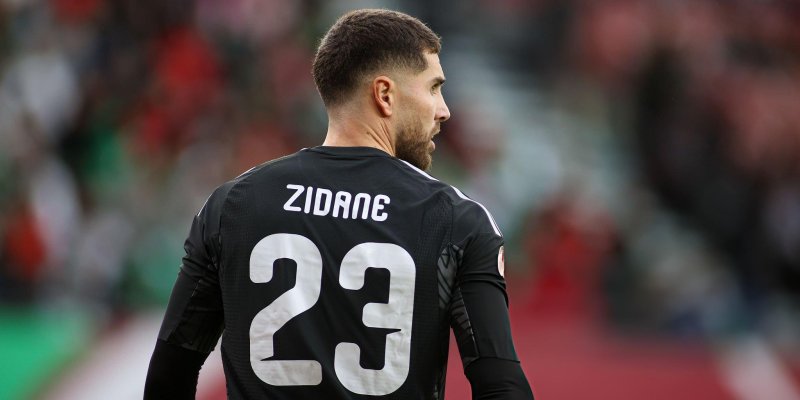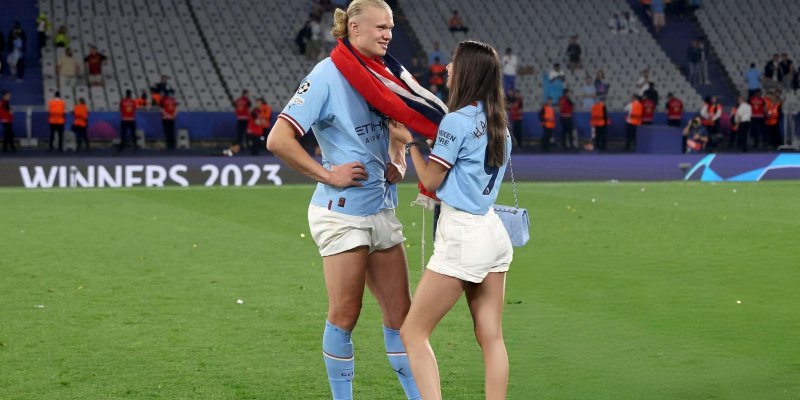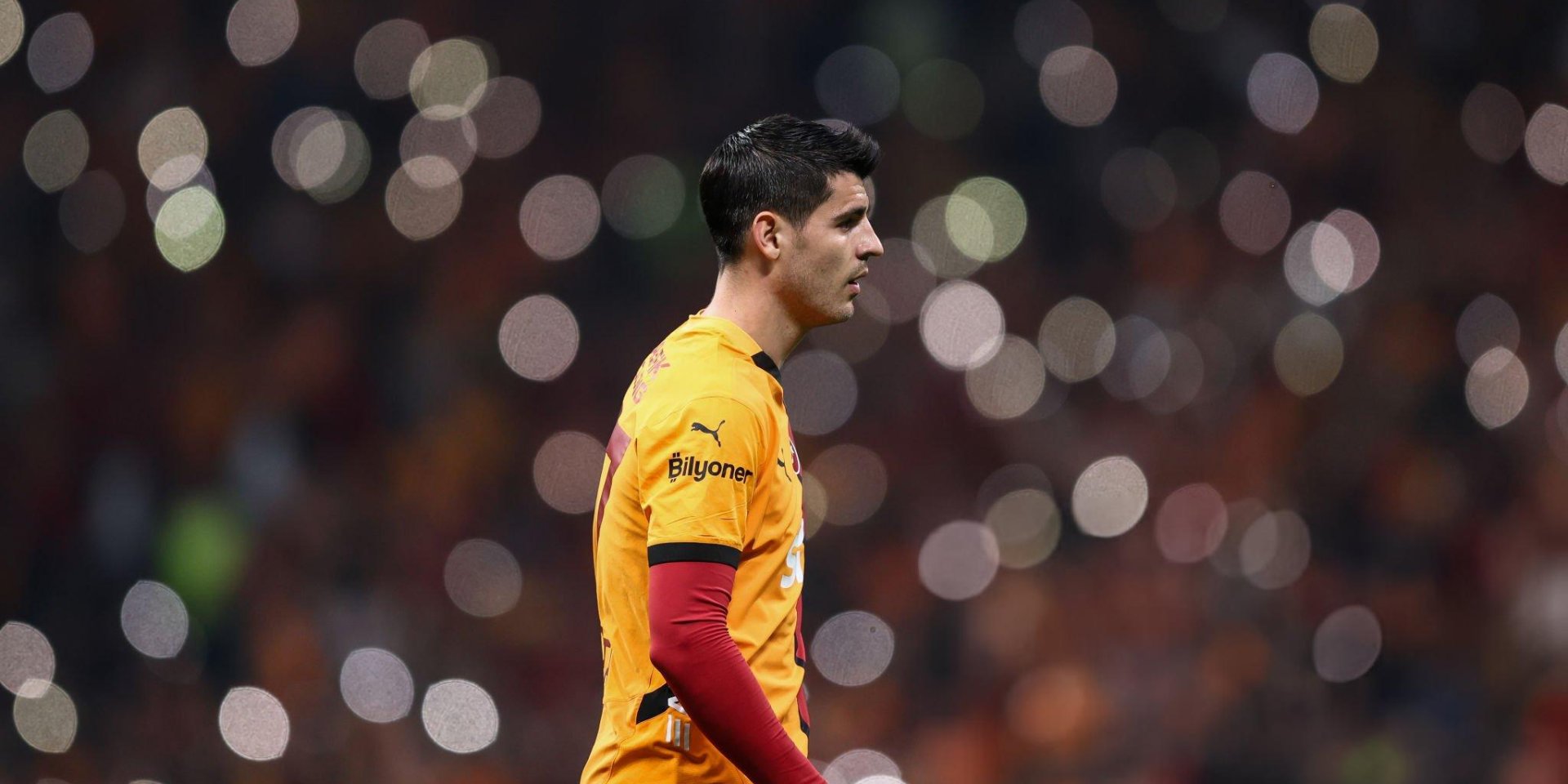
Alvaro Morata is once again at the center of a headline-grabbing story. The Spanish forward left Galatasaray early, officially ending his loan, and has already been unveiled by Como. Saying goodbye to the Turkish club on social media, he thanked the fans and teammates but publicly reproached the board for failing to honor agreements. This is not the first turbulent split in his career—and judging by the trajectory of recent years, it is unlikely to be the loudest.
A Farewell with a Sting: “I Don’t Compromise My Principles”
In his post, Morata used the classic “sandwich” approach: warm words for the fans—then grievances—and more thanks to the coach and the team. The essence of his message came down to one point: according to Alvaro, a number of promises and basic values—respect for agreements and rights—were violated. The conclusion was tough: the forward said he waived part of his pay and certain contractual rights to exit the situation without further escalation. “Refusing to acknowledge and pay what has been earned is unacceptable to me,” he stressed—a message he felt obliged to deliver to supporters as a “real explanation” of the split. He offered no specifics, keeping his statements at the level of principles and hints at “non-public agreements.”
The Contract Puzzle: Year-Long Loan, a July Boycott, and an August Compromise
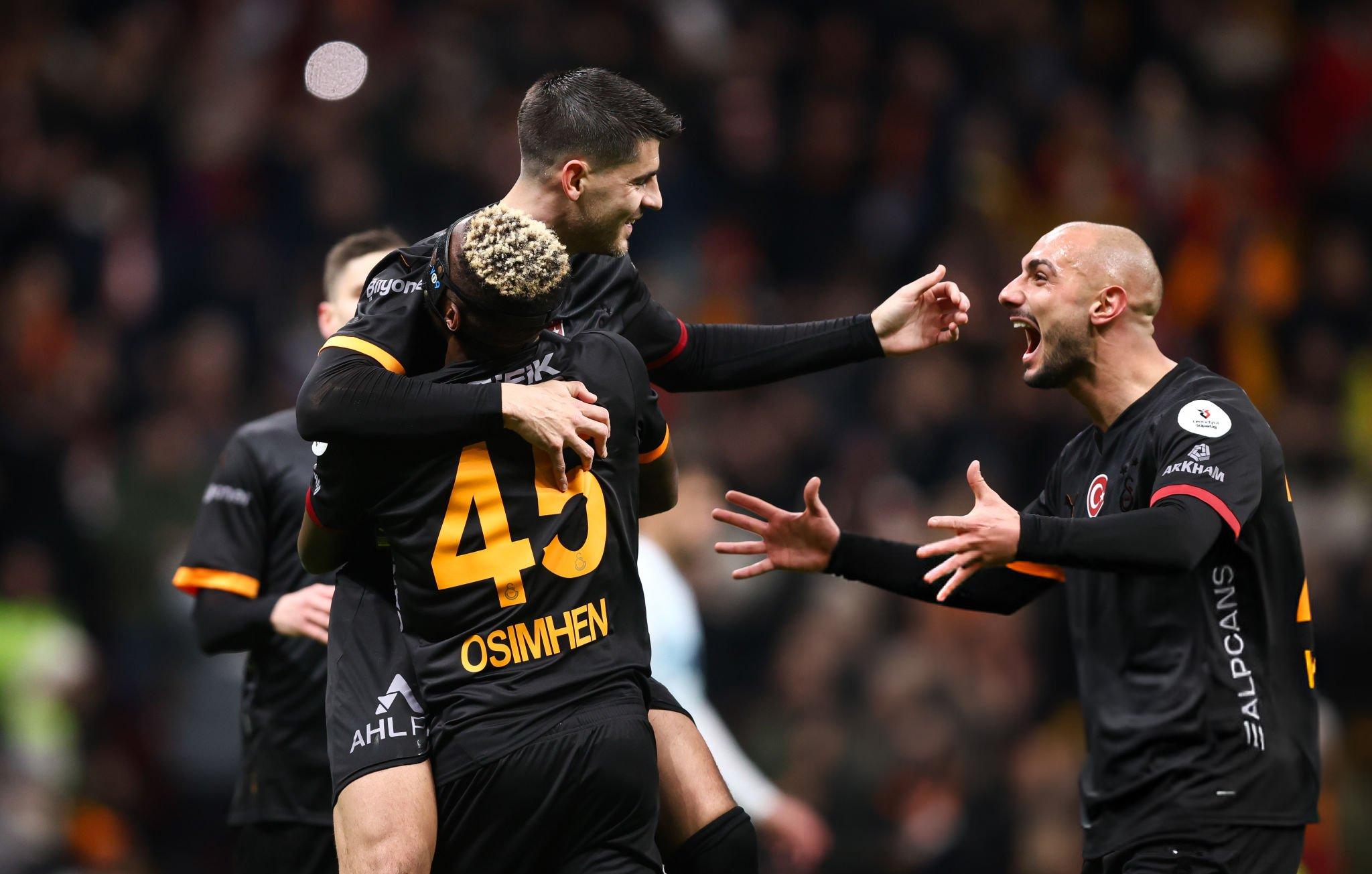
The facts are known. Over half a season in Istanbul, Morata scored seven goals in all competitions. The loan was initially set through January 2026 with an €8 million purchase option. Yet by late July something clearly broke: the forward boycotted training, and Galatasaray demanded €6 million in compensation for termination—roughly what the club had paid Milan for the loan itself. In August, the sides finally found a divorce formula: Milan would return about €5 million, and Morata would forgo roughly €650,000. Alvaro also emphasized that one of the figures reported in the media was inaccurate, without specifying which one. Against this backdrop, Galatasaray strengthened the attack with a powerhouse move: signing Victor Osimhen for €75 million—a strong signal of shifting priorities and a rebuilt front line.
A Career at Breaking Points: From Real and Juve to Chelsea and Atlético
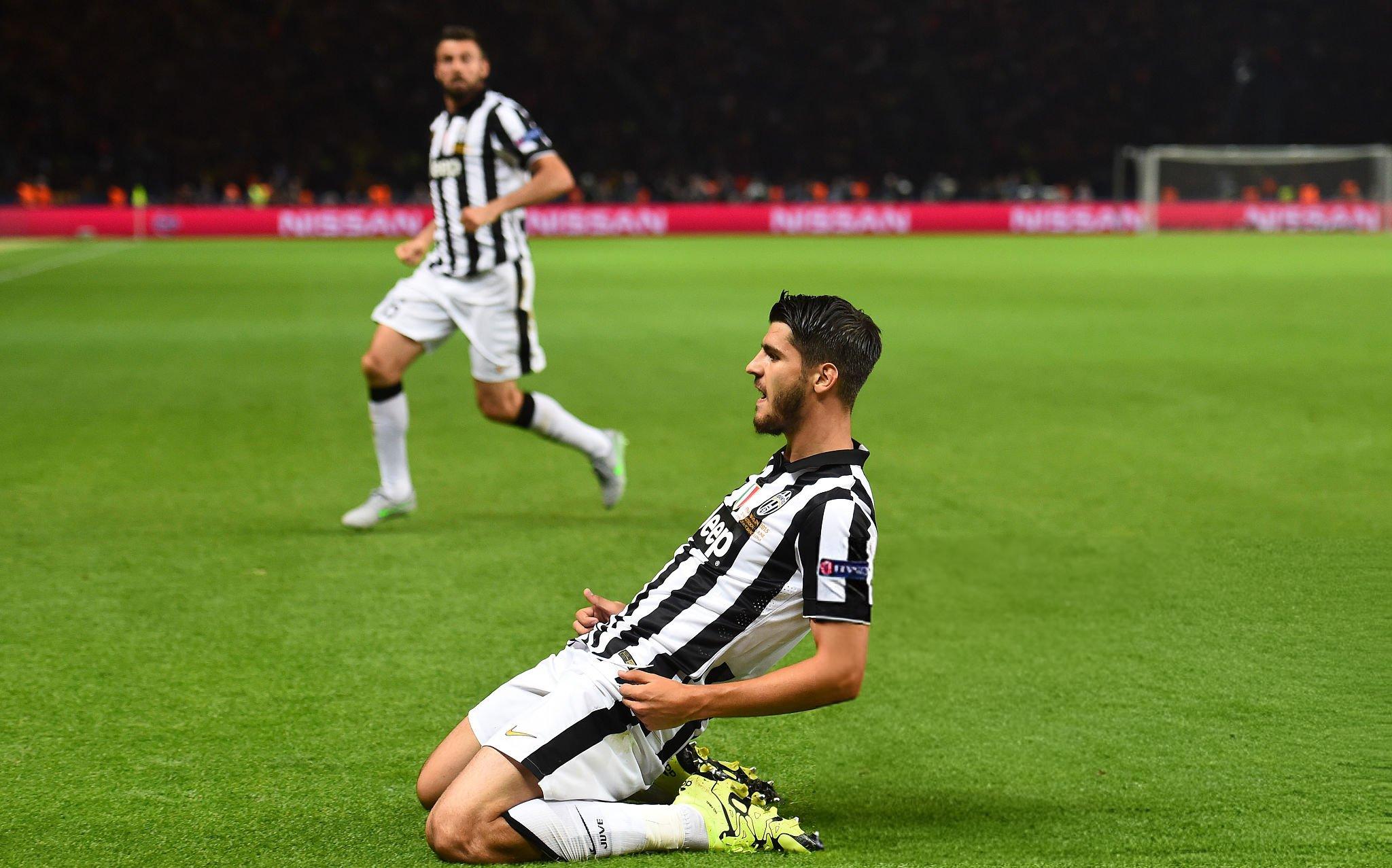
Morata’s sharp turns go back years. In 2014 he left Real Madrid for Juventus, acknowledging that breaking through the competition with Karim Benzema was almost impossible. He flourished in Turin and loved the environment, but after Real exercised the buy-back clause, he spent only one season in Madrid—amid rumors of tension with Zinedine Zidane and his own desire for more playing time. Next came Chelsea and one of the toughest stretches of his career: injury disrupted his rhythm, confidence dipped, and the sense of support from the club and the stands evaporated. Morata recalled sometimes training separately from the team—a clear indicator that the Stamford Bridge project did not work out for him.
Atlético Madrid seemed like a lifeline: he publicly asked to extend the loan, called the move “the best decision of my life,” and delivered 16 goals the following season. Then came a two-year loan at Juve, a return to Atlético, and a new wave of doubts. Spanish media wrote that mockery on social networks spilled over into abuse aimed at his children—well beyond the bounds of football criticism. Later, Alvaro admitted he had acted too hastily in the summer: when life goes wrong, you make the wrong decisions—not only in football.
Milan’s Half-Season Knot: “Things I Had Never Seen Before”
That self-critique became even clearer at Milan, where within just a few months Morata said “things I had never encountered in my career” began to happen and he stopped feeling comfortable. He carefully avoided personal attacks, but the logic was the same: to prevent open conflict, he chose to leave. On paper, the subsequent loan to Galatasaray looked strong—status, ambition, European competition. In practice, it brought another loud exit and a renewed debate about principles.
Psychological Backdrop: Admitting Vulnerability
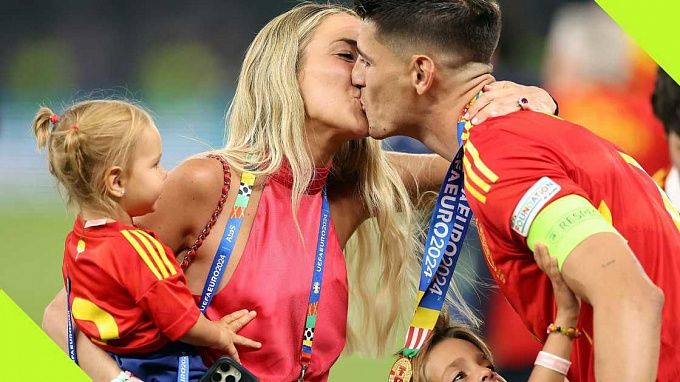
In 2024, Morata spoke candidly about depressive episodes and a separation from his wife (the couple later reconciled). For a public figure of his stature, these are brave admissions that also explain why the emotional swings in his career are so visible. In such conditions, any organizational hiccup—delayed payments, bonus disputes, informal understandings—hits harder. His current message is not only about finances and legal clauses; it is also an attempt to regain control of his own narrative.
Fàbregas’s Como: Safe Harbor or the Next Test?
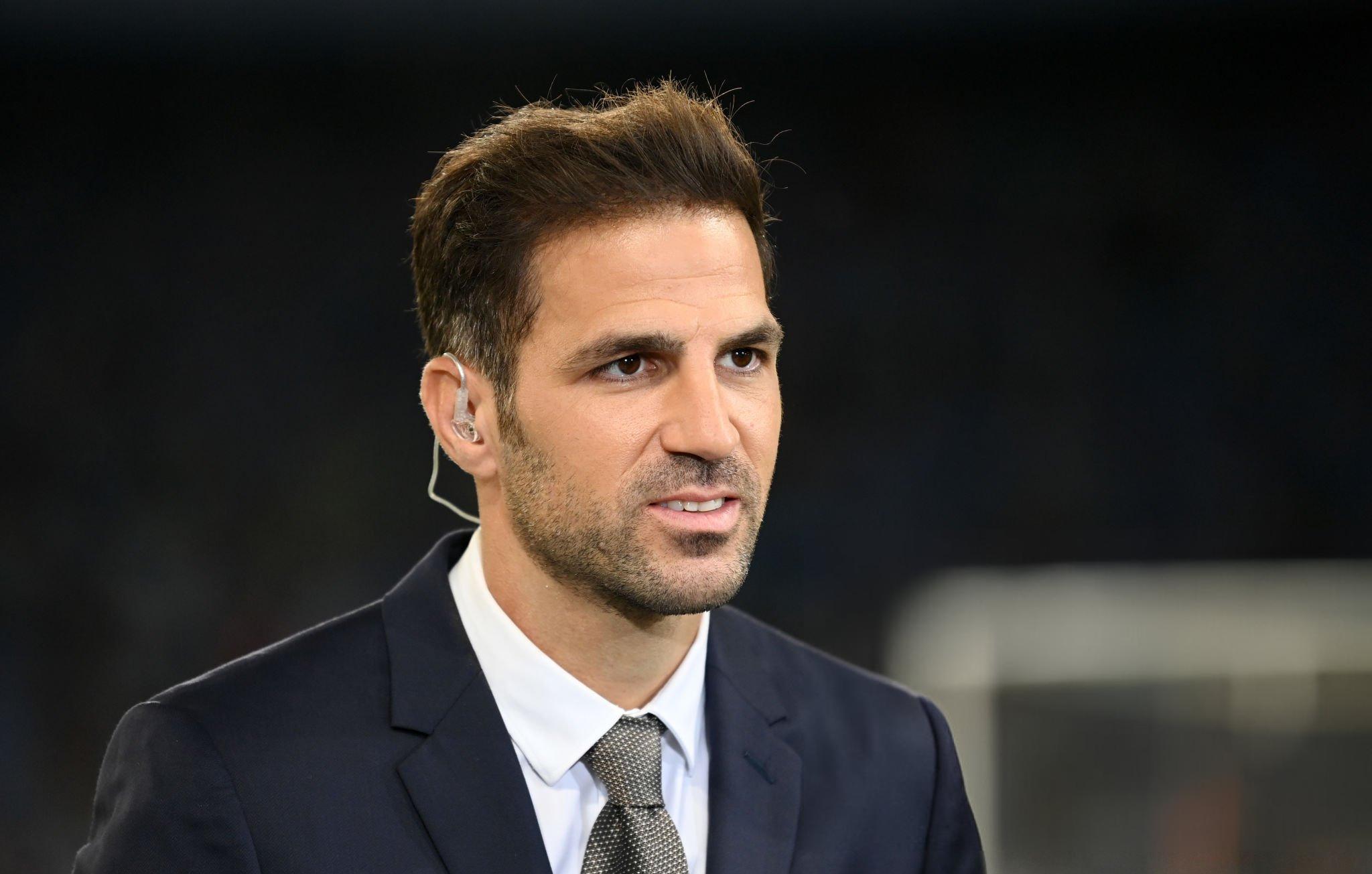
Alvaro’s new address is now Como. At first glance, it is an ideal platform for a reset: a less toxic environment, clear roles, and a head coach in Cesc Fàbregas with whom it is easier to find a common language on both football and human levels. The expectations for Morata are familiar: runs along the last line, smart movement to meet low crosses, quality in wall passes, and tidy one- or two-touch finishing. Add a stable dressing-room climate, and the chances of regaining goal-scoring regularity and confidence are quite high.
But there is another side. A fourth club in the last eighteen months is not just a statistic; it feeds a reputation of a player for whom “something is always off.” In such cases, clubs and fans watch not only goals and assists but also resilience in turbulence: how he handles internal tensions, what he does at the first cracks, whom he goes to speak with rather than post about. Como will be a test of composure no less than of productivity.
Conclusion: Lessons for the Future and the Thin Line of Principles
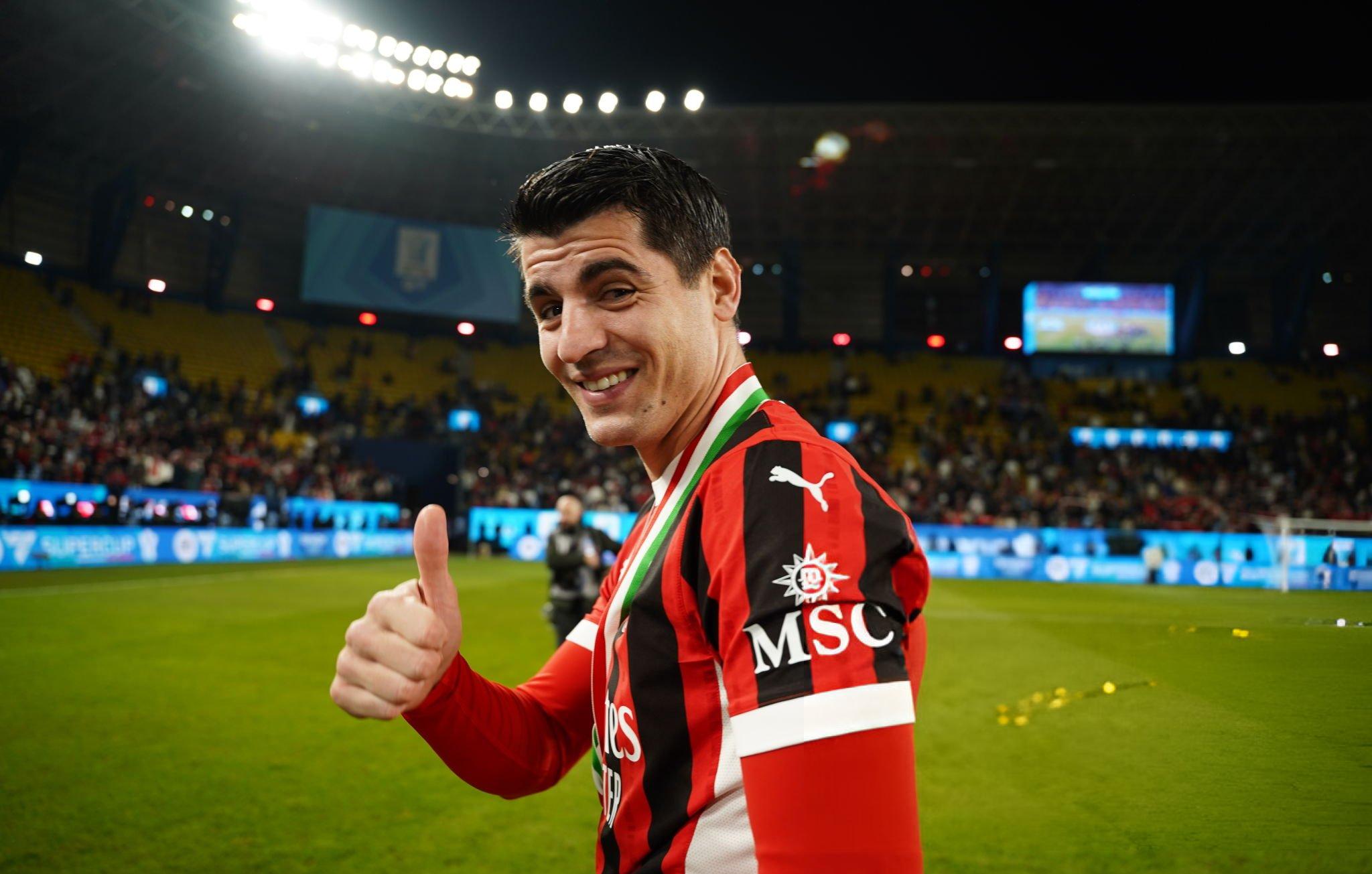
The Galatasaray episode is another reminder of the thin line between standing your ground and burning bridges. Morata stresses principles: respect for rights, earned pay, and agreements. Clubs answer with their own logic—budget, squad architecture, transfer windows. When expectations diverge, the result is what we see here: a compromise mediated by payments, a waiver of some money, a quick exit, and a fresh start.
For Alvaro, the key task is obvious: stabilize the background, restore calm and consistency. If Como gives him that foundation, the conversation will return to football metrics—xG, conversion rate, pressing triggers, team output. If the scenario of the past eighteen months repeats, any new statistics will be secondary—the central question will be why it is so hard to fit into organizations where requirements and rules are written across dozens of pages.
For now, after the loud “promises not kept,” Morata opens a clean page by the lake. It is there we will see whether this split was a gesture of despair or a step toward a finally stable version of himself.

